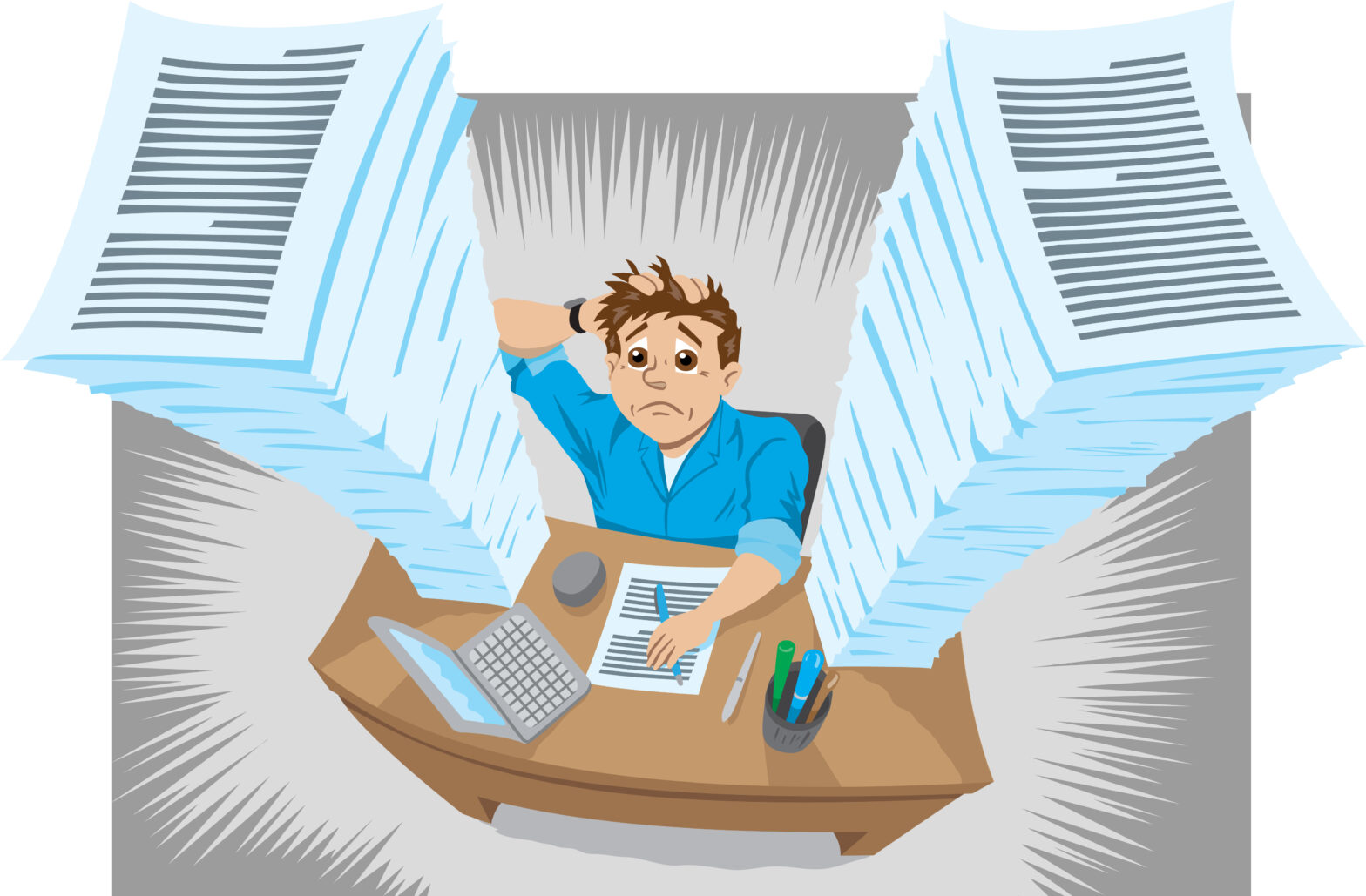What is overtrading?
The simple definition of “overtrading” is when you sell more products that you can afford to buy. For example, in a worst-case scenario, your supplier requires you to pay up front for products which you will supply on 30 days credit – this is the cash gap between when you pay and when you get paid – if this is going to impact on your cash position then it is “overtrading”.
Things to consider when you get an enquiry or an order that will squeeze your cash and make you “overtrade”.
>See also: Do balance sheets differ between company types?
Cash flow forecast
This is probably the most vital tool in a business – up date it weekly or at least monthly. Include all expenditure and income – work on a worse-case scenario. This will help you predict when you will have a cash squeeze so that you can plan for it.
Overtrading – 6 things to consider
- How much risk are you willing to take? Would it be best to say thanks but no thanks?
- If they didn’t pay would it jeopardise your business?
- Are they coming to you because no one else will give them credit?
- Will it reduce the level of service to existing customers?
- Will it stretch your staff?
- Are there any circumstance which would delay payment from the customer? Faulty goods, incorrect paper work?
Mitigating the risk
Check out the customer’s credit worthiness – are they good for the money? First stop is to look on Companies House for their accounts and list of directors. If they are a local company, ask around your network if anyone has dealt with them before.
Payment terms – can you reduce your payment terms?
Early settlement discounts – be warry of companies taking an early payment discount when they are well beyond the official payment date.
Deposit
Could you ask for a deposit?
Credit Control
Have a robust system in place. Don’t hesitate even if it’s a big order.
Could you schedule the order so it’s not all delivered at once and you get payment for the first batch before delivering the last batch?
Don’t make assumptions.
Simon Rigby is the principal of SME Assistance
Further reading
Advantages and disadvantages of direct marketing for small businesses





